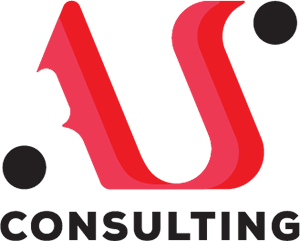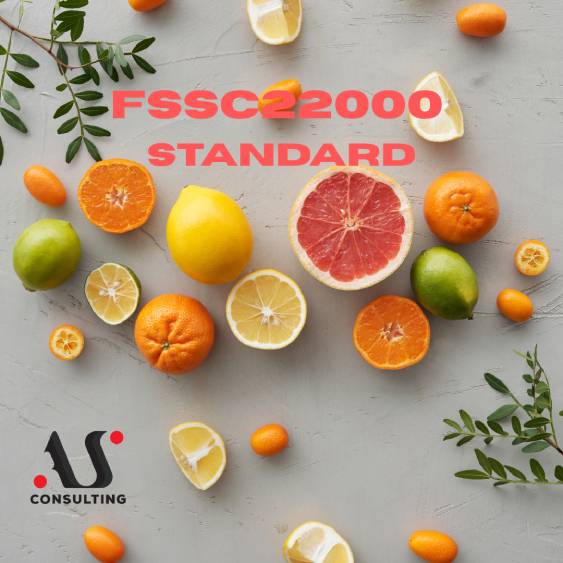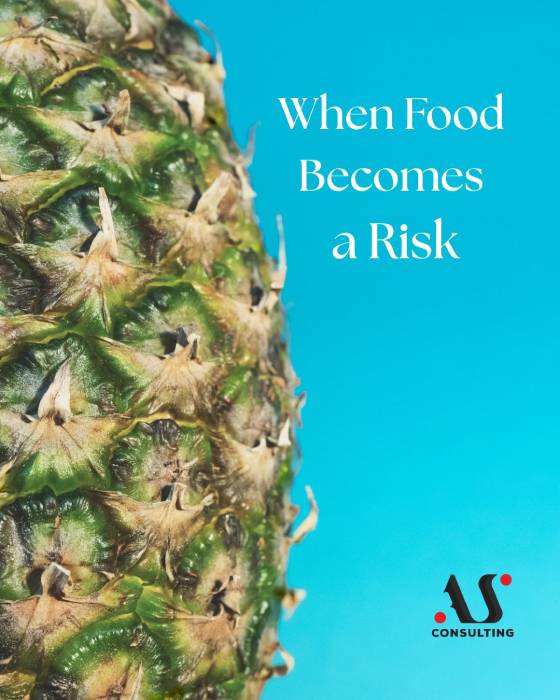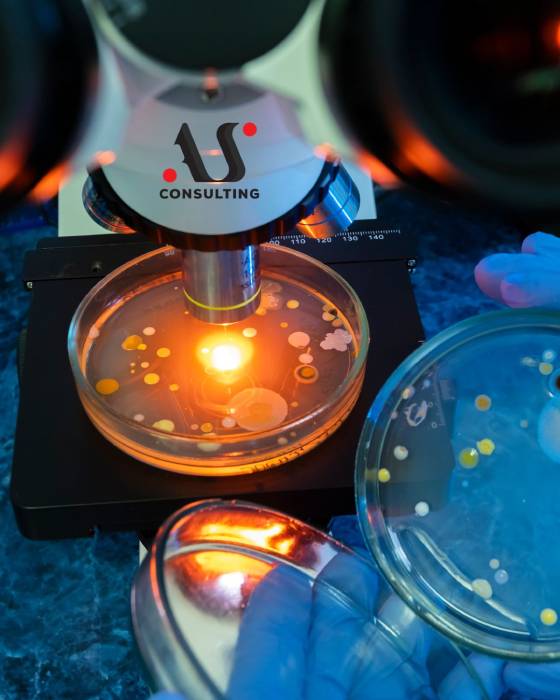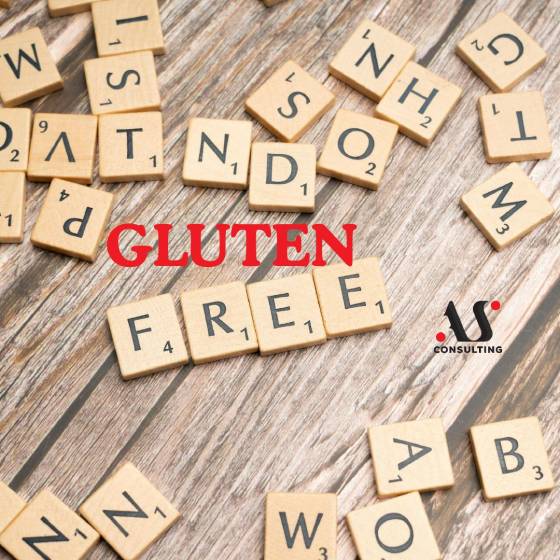
ISO 50001:2018 ENERGY MANAGEMENT SYSTEMS
April 3, 2023
QUALITY MANAGEMENT SYSTEM STANDARDS
April 22, 2023As announced, version 6 of the FSSC22000 standard was released on 31.03.2023. The transition period will last 12 months: the first revision according to version 6 will start on April 1, 2024. and it is mandatory for all organizations to conduct an audit according to version 6 by March 31, 2025.
Version 6 brings us significant novelties, which will be presented in this article.
Why was there a change in the FSSC22000 standard?
- Due to the integration of the requirements of ISO 22003-1:2022
- strengthening the requirements to support the organisations in their contribution to meeting the UN Sustainable development goals (SDGs)
- incorporating feedback as a result of version 6 development survey, which recieved nearly 2000 responces
- Editorial changes and additions as part of continuous improvement
WHAT’S NEW IN VERSION 6?
- ISO 22003:2022:
Changes resulting from the new version of the technical specification ISO 22003-1:2022. This specification defines the categories (product, packaging, feed, catering, retail, transport and storage) that follow the FSSC22000 standard. In version 6, changes were made in accordance with the changes to ISO 22003-1:2022: the significant novelty is that a new category was introduced: FII -brokering/trading/e-commerce, which refers to the purchase and sale of products without physical contact with or handling of them products (agents and brokers). An e-commerce option has also been added to the retailer category. It is also a novelty that the category AI- farming of animals for meat/milk/eggs/honey and AII-Farming of fish and seafood are no longer in the categories.
- FSSC 22000 – QUALITY
There is no longer an FSSC 22000 – QUALITY option, for organizations that wanted to integrate food quality management into the scope of their certification (FSSC22000-Q certification consisted of a combined FSSC22000 and ISO9001 certification).
FSSC22000 ADDITIONAL REQUIREMENTS
Requirement 2.5.1. which refers to the management of services and purchase materials, we have the news for category I (production of packaging for the food industry), and the news refers to the use of recycled packaging, for which criteria must be established in accordance with the law and customer requirements.
Requirement 2.5.2. which refers to product labeling, the standard provides requirements that the organization must apply if there are claims on the product label (e.g. about allergens, nutritional values, production method, storage chain, status of raw materials, etc.): the organization must validate and verify the claims.
Requirement 2.5.3. relating to food defense, brings news related to the FII category, where the agent or broker is required to ensure that all suppliers have a food defense plan. It is similar with requirement 2.5.4. – food fraud, which also brings a request for the FII category.
Allergen management, on 2.5.6. with version 6 brings a set of new requirements, which make it clearer to organizations how to manage allergens to meet the requirements of the FSSC22000 standard. There are requirements such as: list of allergens, risk assessment and identification of preventive measures, validation and verification of preventive measures, labeling, employee training.
Environmental monitoring (which is covered by requirement 2.5.7.) brings news related to the revision of the program at least once a year or in the case of changes related to products, processes, legal requirements, etc.
Food safety culture received a significant upgrade with version 6: new additional requirement 2.5.8. refers to the culture of food safety and brings requirements for establishing goals through the Food Safety Culture Plan, but also defining the culture of quality and food safety through:
– communication
-training
– employee feedback
– measuring the performance of defined activities
FSSC22000 doesn’t stop there with new requirements: another new requirement is now on 2.5.9. and refers to quality management:
– establishing quality parameters in accordance with the specifications of finished products,
– analysis and evaluation of the results of quality control parameters,
–quantity control (mass and/or volume),
–procedures for starting and changing the line (control procedures when changing products);
Requirement 2.5.10. storage, distribution and transport are now integrated, and in addition to the previous requirements, the standard brings new requirements related to tanks for transporting goods.
Requirements 2.5.11.- measures for prevention of cross-contamination and 2.5.13.- product development were not spared from changes, but the appearance of new requirements is significant:
–2.5.15.-equipment management: request related to production equipment (equipment specification, change management process)
–2.5.1.6.- food loss and waste – Organizations must have documented policies and objectives that detail their strategy for reducing food loss and waste within their organization and related supply chains
–2.5.17.-requirements related to communication with the certification body, where organizations will notify the certification body within 3 working days in case of the events mentioned in the standard that may affect the FSMS, as well as compliance with legal requirements and client requirements.
OUR AGENCY ORGANIZES TRAINING AND CONSULTATIONS REGARDING CHANGES TO VERSION 6!!! CALL US!!!!
